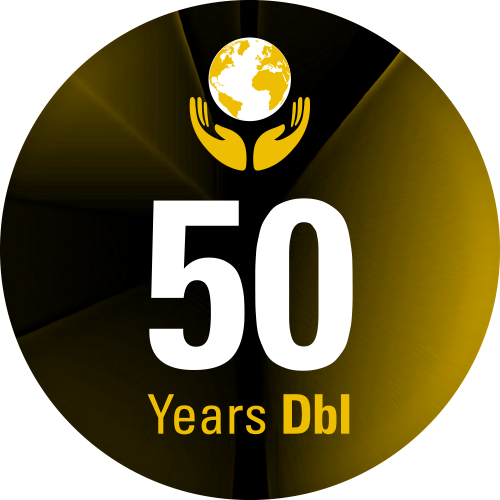Online Bibliography: Deafblindness Compilation (in Spanish)
| Deafblindness Support Guide María Luz Neri de Troconis Caracas: Fundación Empresas Polar – SOCIEVEN | Google Link: Guía de apoyo para la Sordoceguera | Fundación Empresas Polar (fundacionempresaspolar.org) Drive link: https://drive.google.com/file/d/1qe8dyCuldYZ4pINg5zYp-DgFZREzxnUb/view?usp=sharing |
| Micro Testimonial Video: ‘I know about my Deafblindness due to Usher Syndrome: Interview with 4 women with Usher Syndrome Type I and II. They shared their stories of self-recognition as US Deafblind persons. | YouTube video link: https://youtu.be/5uaq2aamX0w Drive link: https://drive.google.com/file/d/184GCIDQ6FpQUyKgLXDSwjT3uLxWy8CVx/view?usp=share_link |
| GUIDE 1: I KNOW ABOUT MY DEAFBLINDNESS DUE TO USHER SYNDROME: Persons with US deafblindness share their story of self-recognition and how they live with this condition. | YouTube video link: https://youtu.be/XOhRKX9g8Jg Drive link to the PDF format: https://drive.google.com/file/d/1hNvwHORu7Bvs0Kq-BxqwGkfAE27R2jD6/view?usp=share_link |
| GUIDE 2: WHAT WE DO TO IMPROVE OUR LIVES AND ACCESSIBILITY: In this guide, protagonists speak about their experience to provide further information about Usher Syndrome. | YouTube video link: https://youtu.be/okO6XLzPFPQ Drive link to the PDF format: https://drive.google.com/file/d/1YVR5WETeF2fhkPIdgzFf0ey-PKErMk1I/view?usp=share_link |
| GUIDE 3: UNDERSTANDING THE GENETICS OF USHER SYNDROME: This guide will enable the understanding of this topic of self-recognition and inclusion of people with Usher Syndrome Deafblindness. The information they provide may be shared with their partners, family members, colleagues, students and friends. | YouTube video link: https://youtu.be/HP2jXNlDlgs Drive link to the PDF format: https://drive.google.com/file/d/1_G588b9p0_J-wsV6ukytrvQPfqPC5TWX/view?usp=share_link |
The Deafblind Advocacy Group Canada wrote an easy to follow manual to serve as a self-advocacy resource for Canadians with deafblindness based on extensive research and personal stories and steps needed to accomplish self-advocacy goals to get equal access to services to live fulfilling lives.
We hope that this manual will support individuals who are deafblind in learning to be an effective self-advocate to remove barriers such as access to information, systemic, economic, political, educational, transportation, attitudinal, medical, and social services.
We also request you to share the link to this self-advocacy manual with your contacts, friends, family members so they can benefit from this excellent resource.
